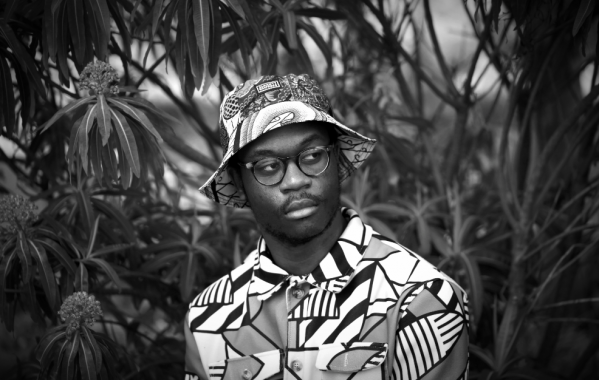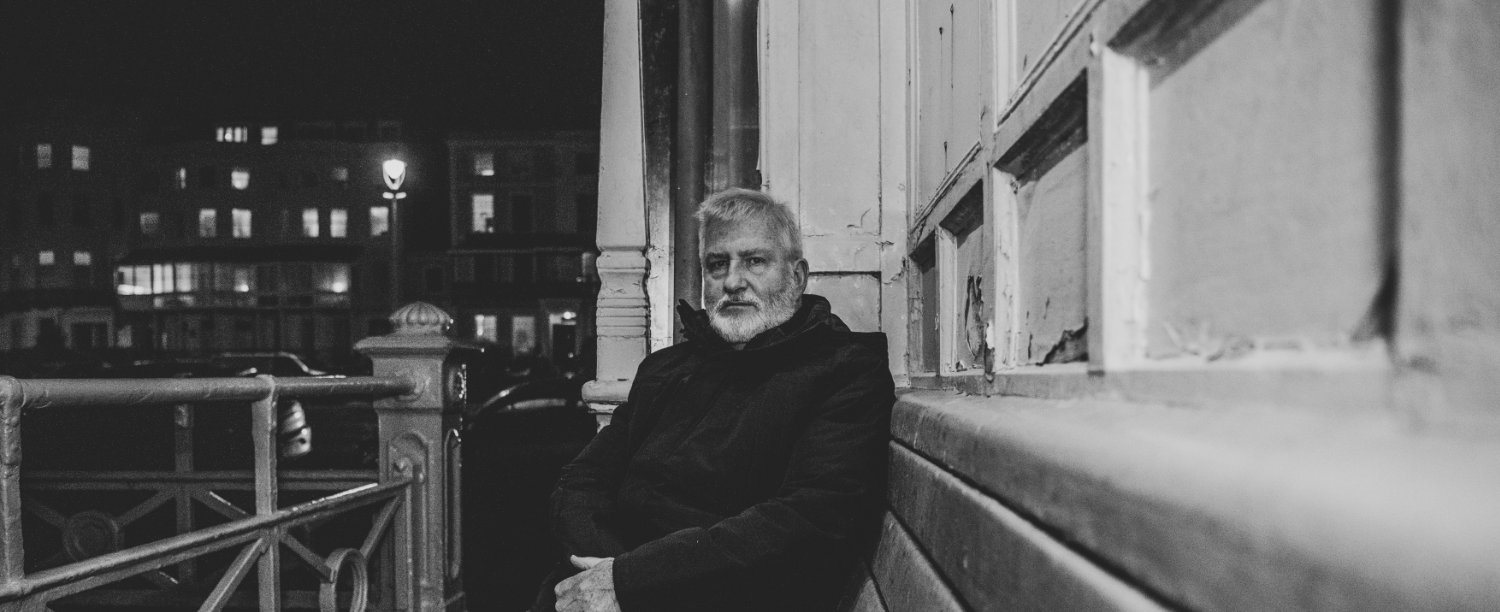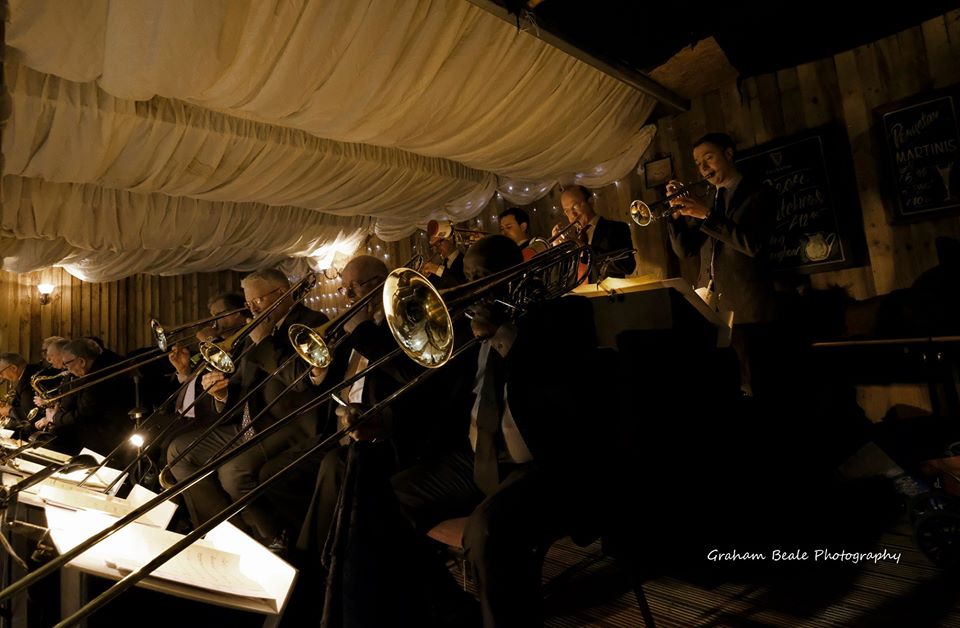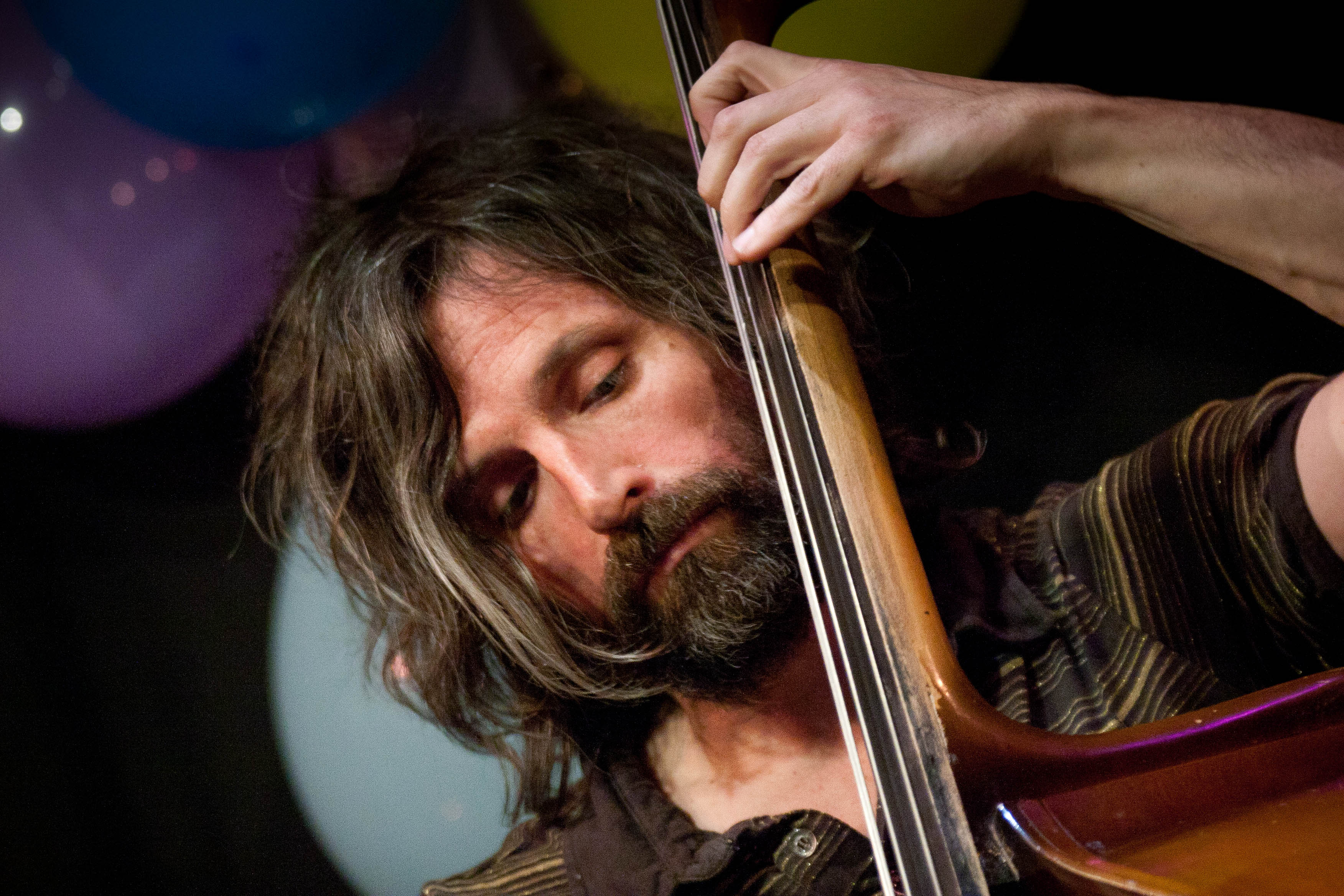Column: Simon Spillett – Sixty Not Out
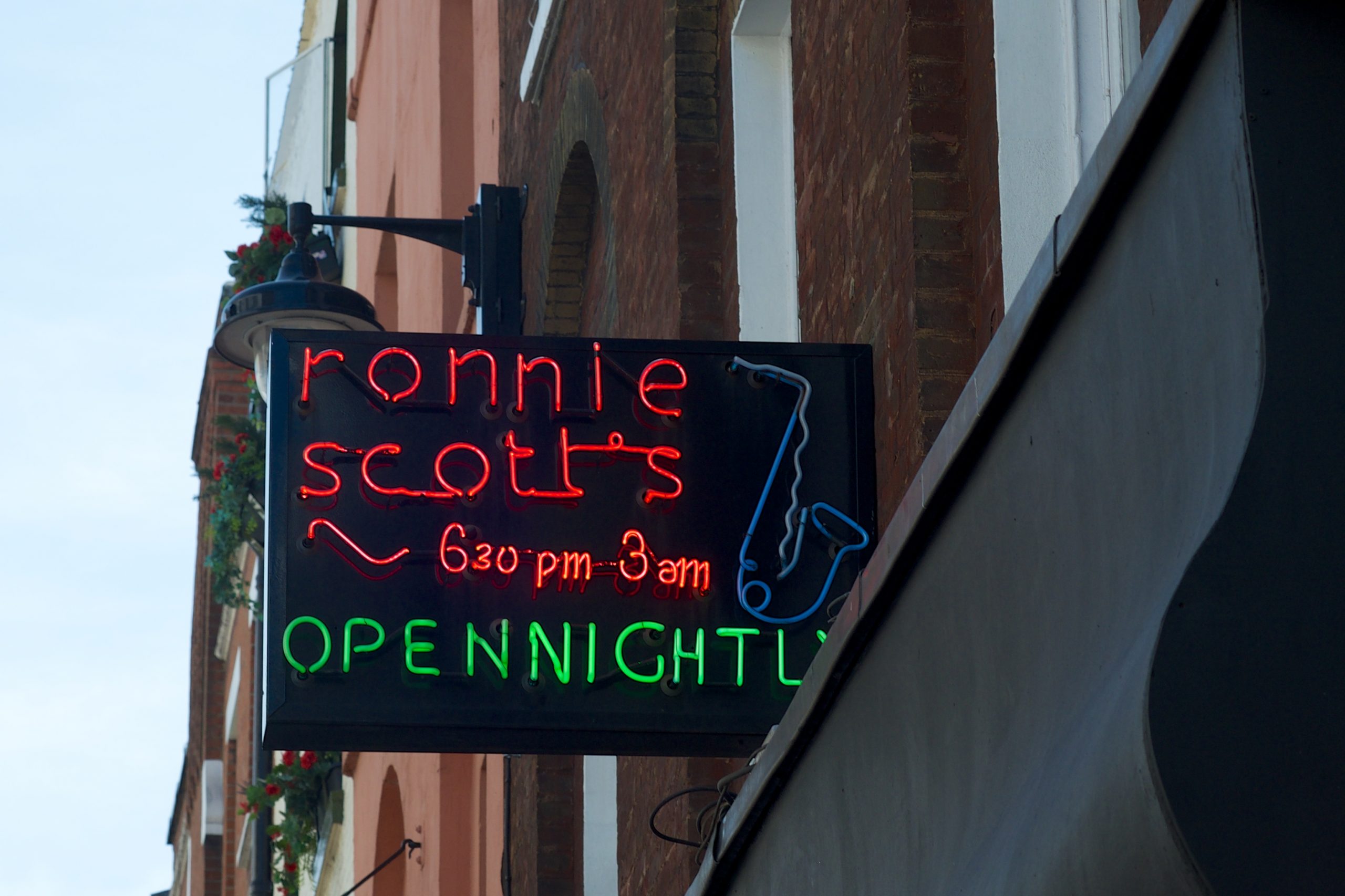
So…where to begin?
I was honoured to be among the sixty saxophonists chosen to close the Ronnie Scott’s 60th Anniversary concert at the Royal Albert Hall, a logistical feat that required – as Ronnie himself might have put it – ‘the cunning of a sewer rat and the timing of a Swiss watch.’
The bulk of the concert – and the part that’ll doubtless prompt debate about whether or not the celebration was a faithful representation of Ronnie’s place as a home of genuine jazz or not – focused on a parade of star names ranging from Nigel Kennedy to Van Morrison, but to me it was the informal, free-wheeling, unpredictable and downright spectacular saxophone summit that came perhaps closest in spirit to the original ideals of Ronnie and Pete King, who sixty years ago created a forum which succeeded in uniting the UK’s jazz community as never before.
And much of that spirit of genuine unification was felt backstage well before the finale got underway. Indeed, anyone who dropped into the artists bar would have been confronted with a truly unique sight: sixty of the UK’s leading jazz saxophonists, ranging from esteemed veterans to young lions, of all jazz persuasions, of all ages, races, genders, all present to honour the achievements of Ronnie and his club.
We hear so much about diversity and inclusivity these days, much of it as self-consciously forced as a shotgun wedding, but the pre-show hang was a thoroughly heartening example of this sort of thing happening without any hint of aritifice – all utterly natural, bringing together all manner of players, many of whom were meeting for the first time.
Thus I saw old friends like Courtney Pine, Alan Skidmore, Art Themen, Mornington Lockett, Ray Gelato, Gilad Atzmon, Simon Allen, Dave O’Higgins, Allison Neale, Julian Siegel, Sammy Mayne, Christian Brewer, Dave Lewis and Alex Garnett, the man tasked with the unenviable job of organising sixty of us into something resembling a cohesive ensemble.
And I also got to meet (or reaquaint myself with) many of the crop of current young guns including Leo Richardson, Tom Barford and Harry Greene.
It’s impossible to detail all the vignettes that took place in that jam packed backstage bar: Ray Gelato and Alan Skidmore swapping wisdom about playing posture; Gilad Atzmon and Dave Lewis deep in conversation about jazz education; Leo Richardson holding forth about Don Byas; the octogenarian Art Themen and twenty-something Xhosa Cole comparing natty suits; the ebullient Pete Long regaling anyone in earshot with his characteristic mix of spontaneous wit and well-told jazz anecdotes; Courtney Pine talking proudly of his children; Alex Garnett cheerfully and patiently explaining our increasingly incomprehensible plan of action.
And it was within these and the many other conversations half caught or fleetingly witnessed that I felt something which any card carrying, fully paid up sardonic jazz cynic will tell you it’s just not cricket to admit: I felt a connection between us all, top to bottom of the business, left to right, black, white, male, female, alto, tenor, baritone, you name it.
For those few magic hours – which one wit compared to attending a funeral without a corpse – it was as if we were all part of a vast, unclassifiable yet interlinked saxophone family. There was laughter, a lot of mutual ribbing, heaps of respect and, I sensed, a lot of love in that room.
Sentimental maybe, but there you go.
I can’t help thinking Ronnie might have liked this side of the proceedings. After all, his was a club that built its foundations firmly on the proprietor’s love of jazz saxophone, an enthusiasm that shouldn’t ever be overlooked, but which – to my mind – wasn’t as significantly noted as it might’ve been in the 60th anniversary concerts programming.
But for me there was one more moment I’ll always treasure: once assembled on the stage – playing the most riotous version of Sonny Rollins’ St. Thomas imaginable – this saxophone behemoth began to snake its way, conga-style around the vast auditorium.
On stage I found myself next to Alan Skidmore, not so good on his pins now, God bless him, seated on a stool.
Next to us was Courtney Pine.
And quite suddenly as the other fifty-seven trooped off into the blackness beyond the stage lights, the three of us were alone, save for the rhythm section pumping away like there was no tomorrow.
I make no bones about this being a ‘pinch yourself’ moment.
As a teenage wanna-be saxophonist, Courtney had been among my first musical heroes and as for Skid, later on in my slow journey towards understanding the saxophone better he had become a much valued mentor and friend.
To be with them both, on stage at the Royal Albert Hall celebrating another of my jazz heroes, Ronnie Scott, well, the words dreamlike don’t quite cover it.
Indeed, as I joined the saxophone line that traversed full circle back to the crowded stage, there was a sense of the surreal to it all. Tomorrow morning I knew I’d be back to the business of organising guest appearance gigs in pubs and small clubs, shuffling a diary of teaching commitments, trying to find a reed that works.
But last night…oh, last night…
Simon Spillett
